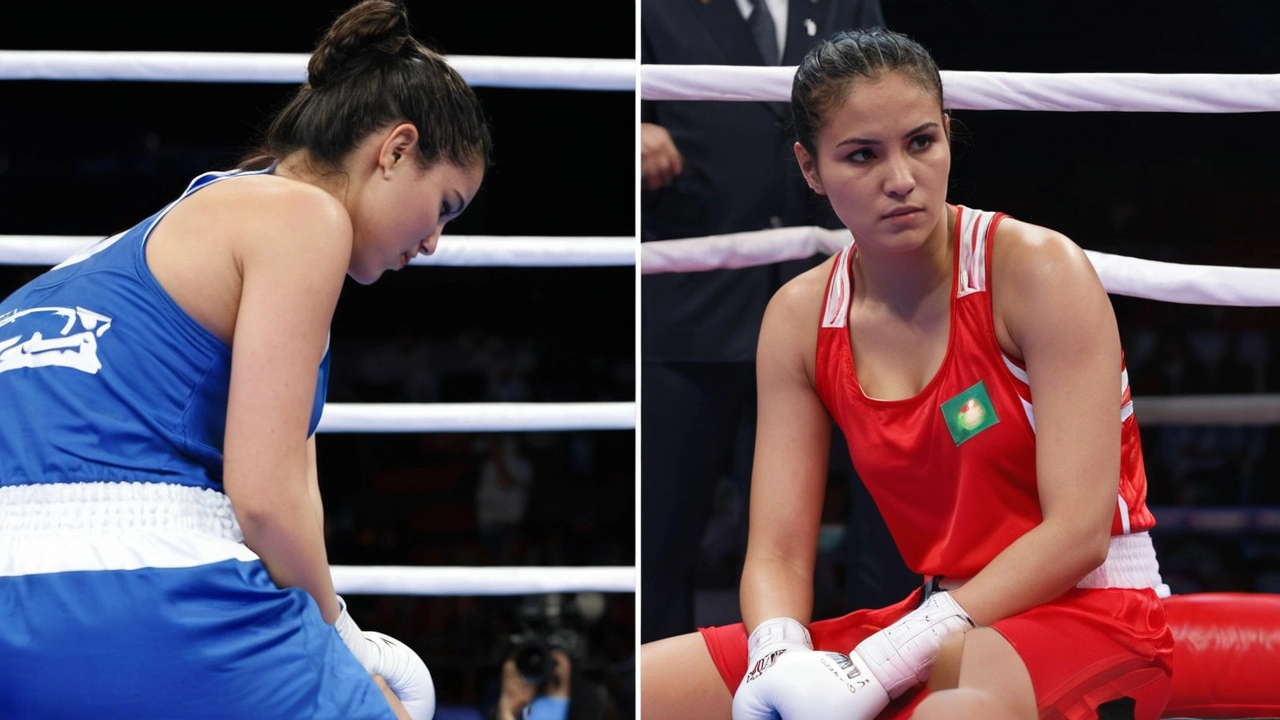Gender Testing in Sports: What You Need to Know
Gender testing in sports is a hot topic that often sparks debate about fairness and athletes' rights. It’s a process used by some sporting organizations to confirm if athletes meet eligibility requirements for male or female competitions. But how exactly does it work, and why does it matter so much? Let's break it down.
Why Do Sports Do Gender Testing?
The main goal of gender testing is to make sure athletes compete in the category that matches their biological sex, as defined by the rules. This is supposed to create a level playing field so no one has an unfair advantage based on natural physical traits. For example, testosterone levels can affect muscle strength, so some organizations check this as part of their testing.
However, the methods have been controversial. Early testing was invasive and humiliating, involving physical exams or genetic tests. Today, many sports use hormone tests, particularly looking at testosterone, but these tests are still debated for accuracy and fairness. They can affect athletes who have differences in sex development or transgender athletes trying to compete.
How Gender Testing Affects Athletes
For some athletes, gender testing can be career-changing. If an athlete's results don’t meet the required criteria, they might be disqualified or forced to undergo treatment to change hormone levels. This creates huge personal and professional challenges. Some have spoken out about feeling discriminated against or that the rules don’t account for natural body differences.
The big question remains: how can sports be fair without violating athletes' rights or privacy? Some experts say the current testing rules are outdated and call for new solutions that respect all competitors. Meanwhile, gender testing policies keep evolving as sports organizations try to balance competition fairness with inclusivity.
If you're interested in this topic, watch for updates from major sports bodies like the International Olympic Committee or World Athletics, as they often revise these rules based on new research and social understanding.
Understanding gender testing is crucial if you follow sports closely or are involved in athlete advocacy. It’s a complex issue touching on science, ethics, and the very definition of fairness in sports.
Imane Khelif's Olympic Triumph Amid Gender Test Controversy: A Closer Look
Algerian boxer Imane Khelif won her opening Olympic boxing match in Paris 2024 after her opponent, Angela Carini, quit just 46 seconds into the bout. This victory comes amidst a gender test controversy that previously disqualified Khelif from the 2023 world championships. The incident has sparked broader discussions on gender testing in sports.
Read More
